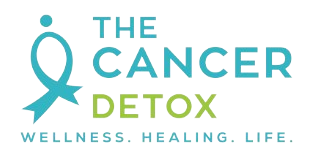How many cancer drugs can one find in nature? Well according to recent reports, approximately 60% of cancer drugs get their start from a plant, with 84 anticancer drugs isolated from Brazil’s Amazon forest [1]. The Lapacho tree, also known as the herb pau d’arco, is one of them, having been hidden to those outside of the Amazon for centuries, perhaps millennia, with historical uses in indigenous medicine for the following:
Bacterial infections
Cancer, several types including breast, lung and leukemias
Fever
Fungal infections
Inflammation
Malaria
Stomach ailments
Viral infections
In recent years the ingredient that gives this tree its healing properties was discovered and coined beta- (β) lapachone, a natural quinone compound. If you’re a malaria survivor, or familiar with the disease, then you’ve heard of quinone drugs, as they're used to fight this infection.
Pau D’Arco’s Anticancer Effects
In lab experiments,
Read More


